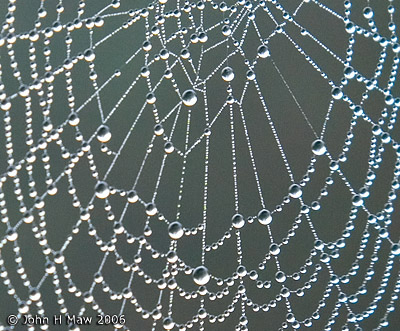Chasing pixels

I see that Sharp Corporation has just announced a new sensor for compact digital cameras. It boasts a pixel count of 12 million, and cameras with this sensor will find their way into the shops before long. Other manufacturers will surely follow. Does the thought of a 12 megapixel compact fill you with excitement? Does it make you want to rush out and upgrade your current model? Sharp obviously thinks that it will. But do more pixels inevitably make for a better camera?
Compact cameras almost all have very small sensors. In most cases when a model comes out to replace the previous one, the sensor is the same size, even if it has more pixels. The only way to accommodate these extra pixels is to make them smaller. There is a disadvantage to doing this. The smaller each pixel, the less light hits it. It is therefore less sensitive. This is clearly not helpful, so the ISO is increased by amplifying the signal. This in turn causes the signal noise (that occurs in any circuit) to become more apparent, taking the form of false colours seen in the image.
Compact cameras are at a disadvantage to digital SLRs because the latter generally have larger sensors, and therefore bigger pixels. As an example and to give some idea of the extent of the difference the Canon Powershot S70 compact camera has a pixel pitch of 2.3 microns. The Canon EOS 20D (Cropped frame SLR) has a pixel pitch of 6.4 microns and Canon EOS 5D (full frame SLR) has a pixel pitch of 8.2 microns. This means that each pixel in the 5D is about 4 times the size of the S70 pixels, and therefore in the region of 16 times the area and so receives about 16 times more light.
My description has of necessity been brief, and to some degree simplified. For more reading on the subject the Canon web site has a useful article, and for serious in-depth information take a look at Roger Clark's site - just stop reading when your head hurts :-).
Consider what you are going to do with those extra pixels. Will you be making very big prints, or maybe you want the flexibility to be able to crop much of your original image away? If not, all the extra pixels do is take up space on your card and on your computer. Even if the noise issue didn't exist, it is unlikely that the new cameras will have lenses of sufficient quality to make good use of the pixels, which leaves one wondering why manufacturers do this. The only answer seems to be that they believe that it will help them sell more cameras - to you.
The image above was taken in Denham Country Park (6th November '06)

0 Comments:
Post a Comment
<< Home